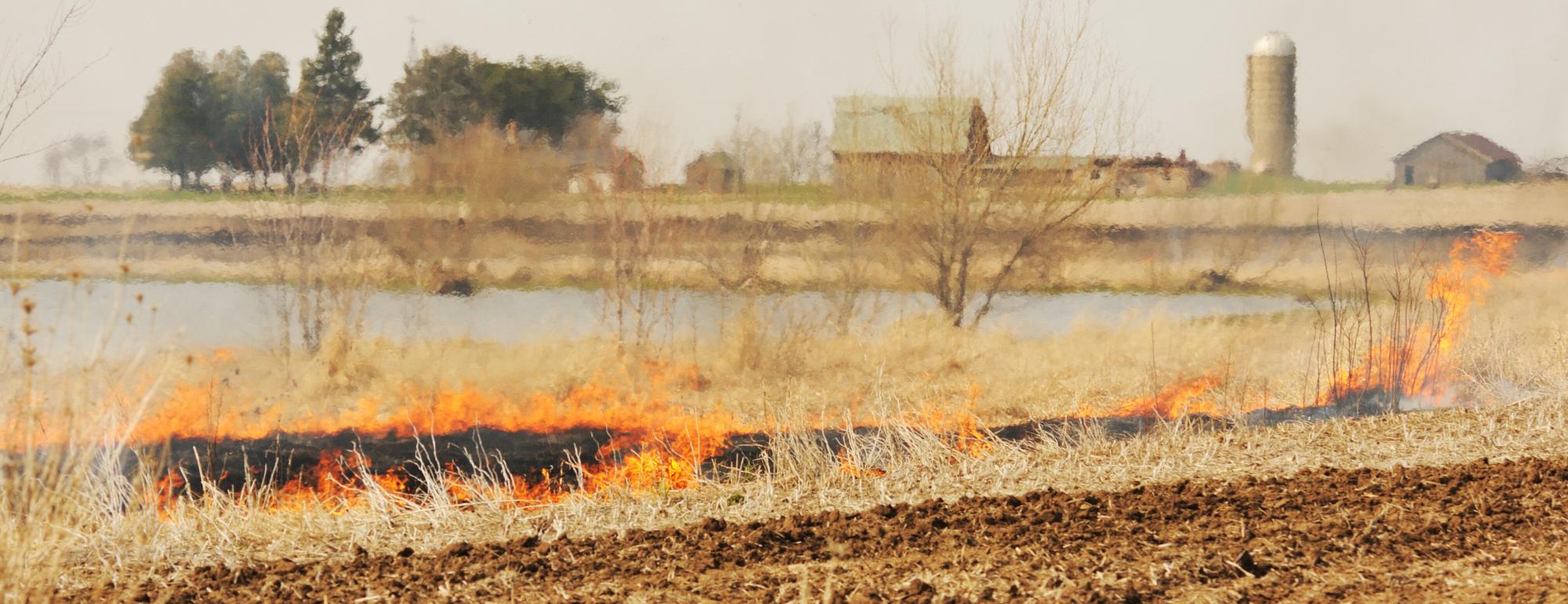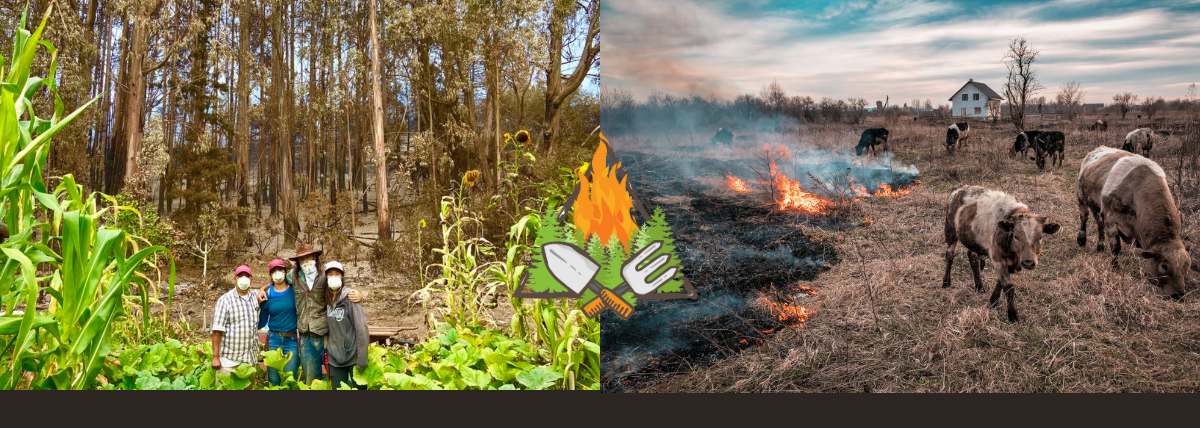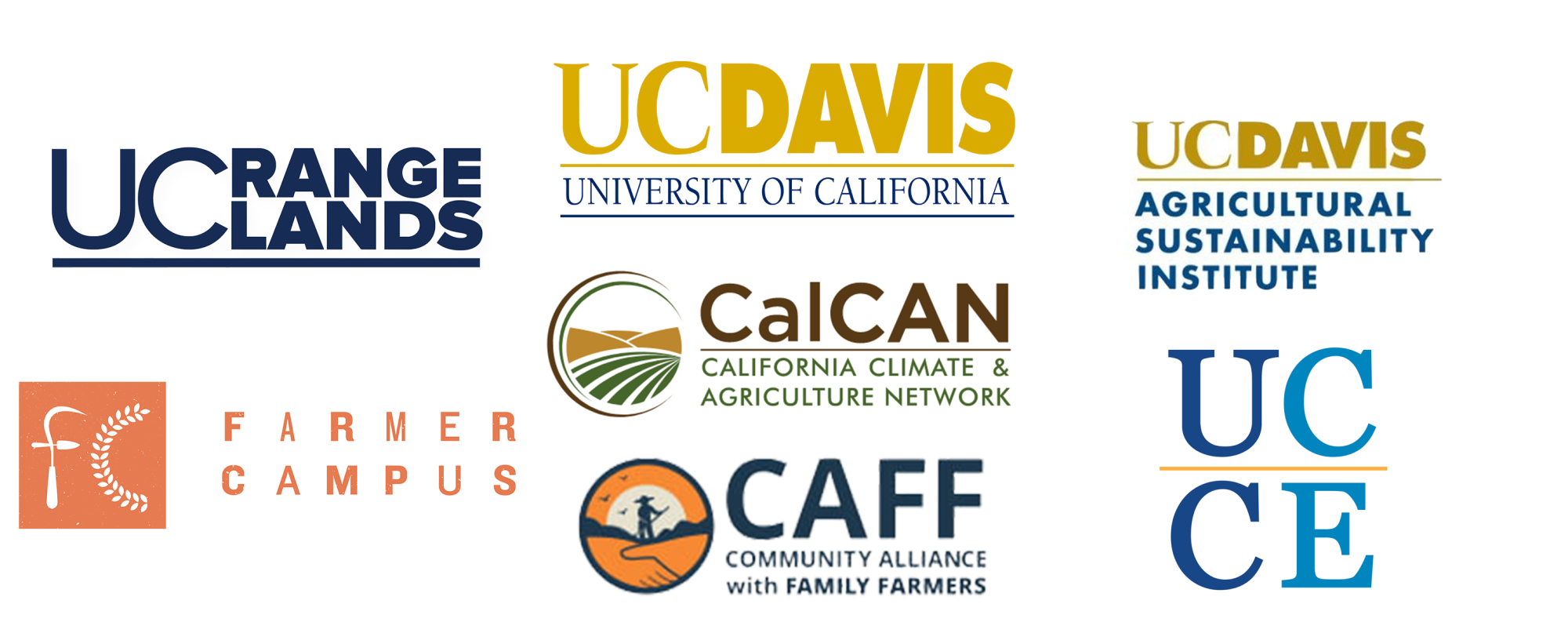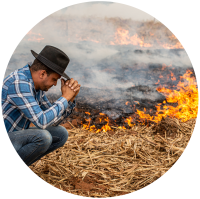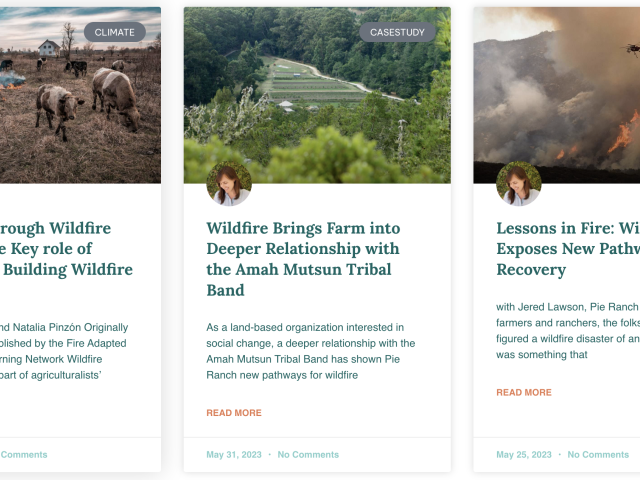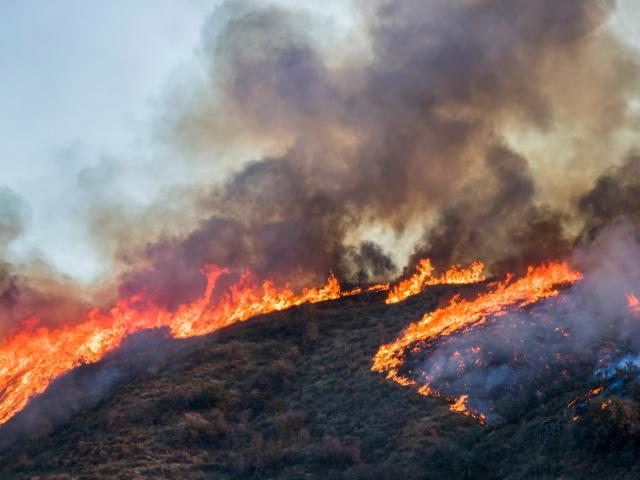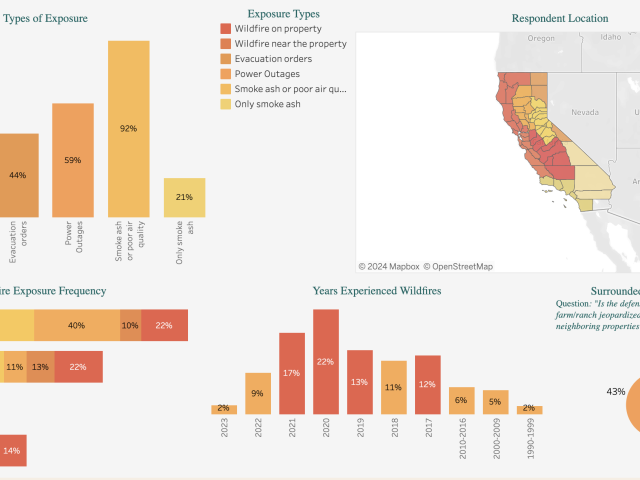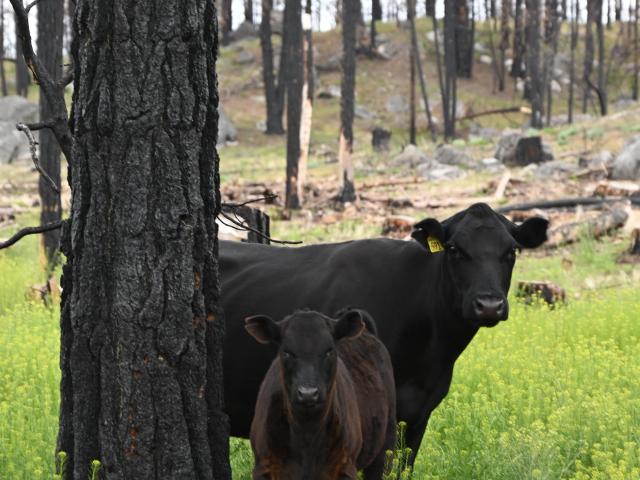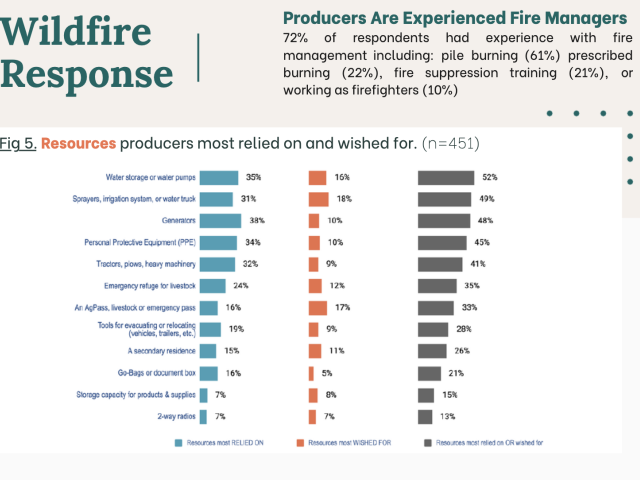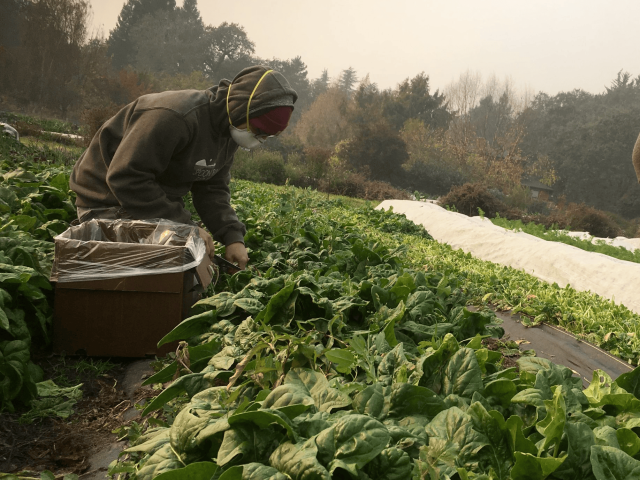Farmers, ranchers and agricultural communities play a critical role in managing our risk to wildfires, and they are also one of the most impacted. This action-research project will assess how farmers and ranchers in California are impacted by, responding to, and recovering from wildfires. We hope to use our findings to provide research-based solutions and educational materials for our agricultural community as well as targeted and timely policy recommendations.
The ultimate goal of this action-research is to increase the quality of life for agricultural communities facing devastating threats of wildfire by equipping them with the practical tools to increase resilience to fire, sharing proposed adaptation strategies, increasing access and relevance of existing programs and resources and in turn supporting the viability of agricultural communities in fire prone regions.
Our Goals
We use a variety of research tools including field interviews, participant observation, a statewide survey and document analysis to bring the voices of a diversity of agricultural operators into the public conversation about how to respond to wildfires.
Our Partners
Our research is based on contributions from dozens of topical experts and representatives of agricultural organizations, 15+ farmers and ranchers serving as advisors and reviewers of our research materials and agricultural communities participating in our programs.
Investigators
- Natalia Pinzon Jimenez, (PI) PhD Candidate in Geography at UC Davis. Co-Founder, Farmer Campus
- Tracy Schohr, Livestock and Natural Resource Advisor, University of California Cooperative Extension
- Dr. Ryan E. Galt, Lead Advisor. Endowed Chair in Sustainable Food Systems and Director, UC Davis Agricultural Sustainability Institute
- Dr. Leslie Roche, Professor of Cooperative Extension in Rangeland Management, UC Davis
Research Outputs
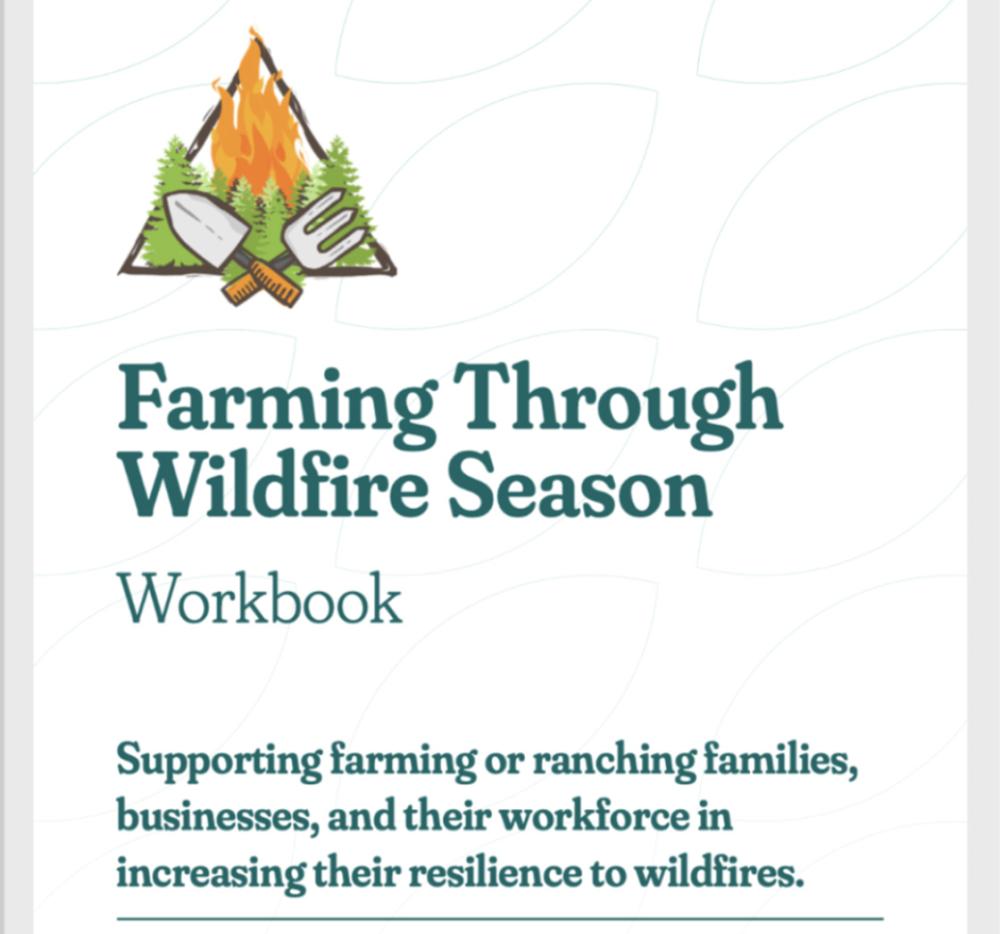
Workbook

Online Course
Press and Media
- Kleist, T. (2024, December 18). Wildfire takes toll on mental, physical health of our food producers | Department of Plant Sciences. https://www.plantsciences.ucdavis.edu/news/roche-pinzon-wildfire
- SUPPORTING RANCHER WILDFIRE PREPAREDNESS AND RECOVERY. (2024, November). California Cattleman, November 2024, 27.
- Wallace, C. (2024, October 17). Survey highlights need for wildfire recovery in farm bill. Western Livestock Journal. https://westernlivestockjournal.com/survey-highlights-need-for-wildfire-recovery-in-farm-bill/
- While policy falls short, CA farmers brace against wildfire | Agri-Pulse Communications, Inc. (n.d.). Retrieved December 22, 2024, from https://www.agri-pulse.com/articles/21855-while-policy-falls-short-california-farmers-brace-themselves-against-wildfire
“This material is based upon work that is supported by the National Institute of Food and Agriculture, U.S. Department of Agriculture, under award Numbers 2018-70027-28587, RMA21CPT0011602, Western Sustainable Agriculture Research and Education program G226-22-W8617 and AFRI EWD Predoctoral Award #2022-67011-36637. USDA is an equal opportunity employer and service provider. Any opinions, findings, conclusions, or recommendations expressed in this publication are those of the author(s) and do NOT reflect the view of the USDA. In addition, any reference to specific brands or types of products or services does not constitute or imply an endorsement by the U.S. Department of Agriculture for those products or services.”
